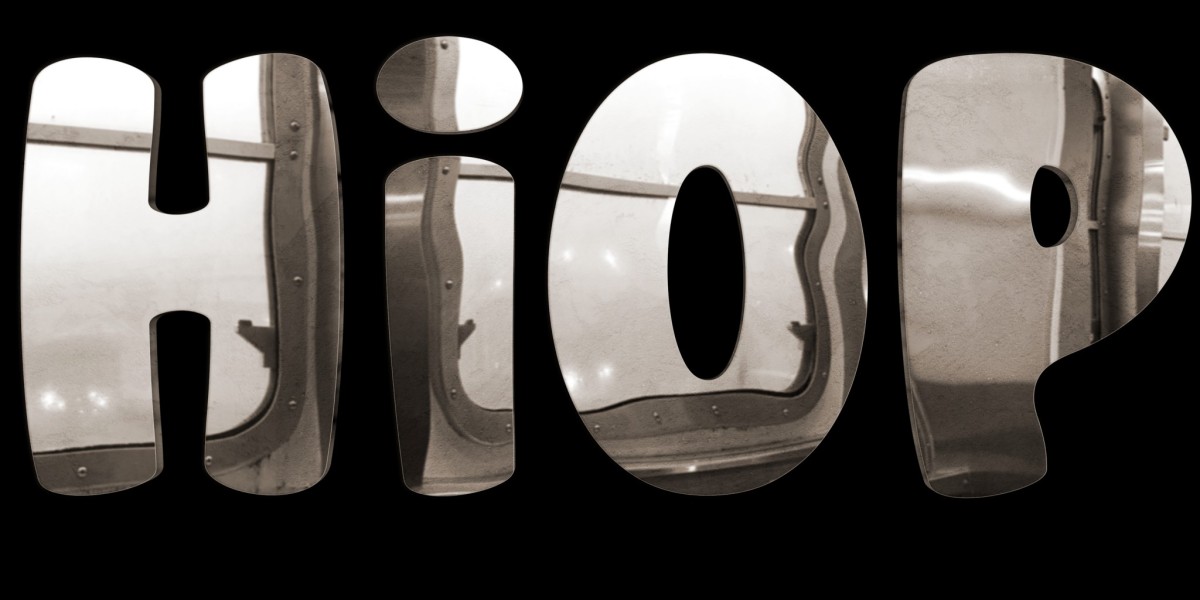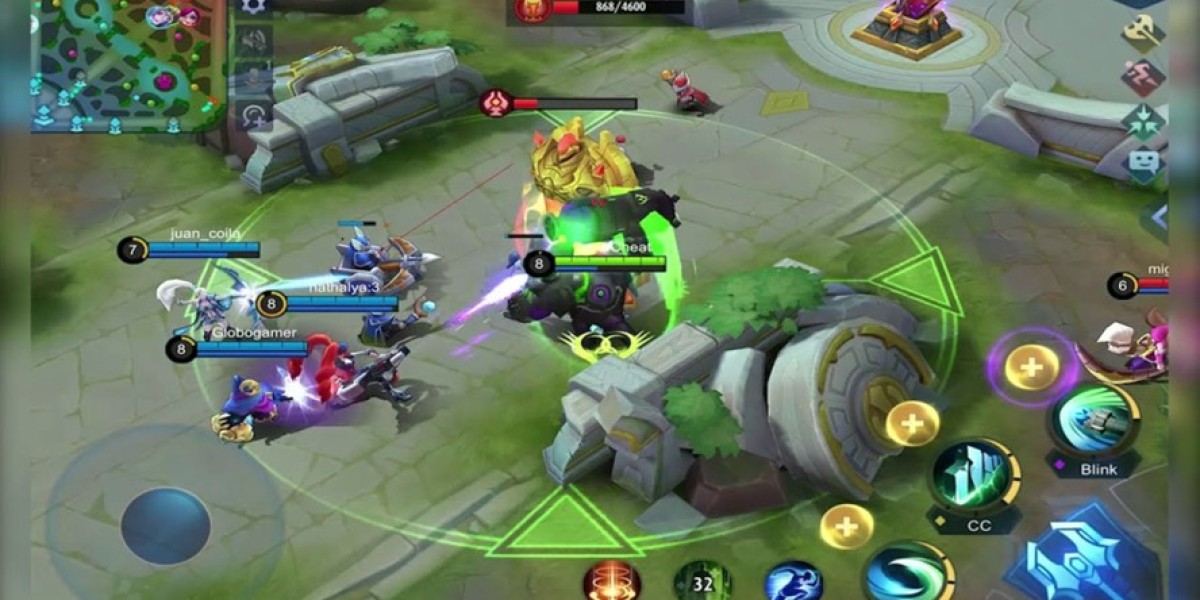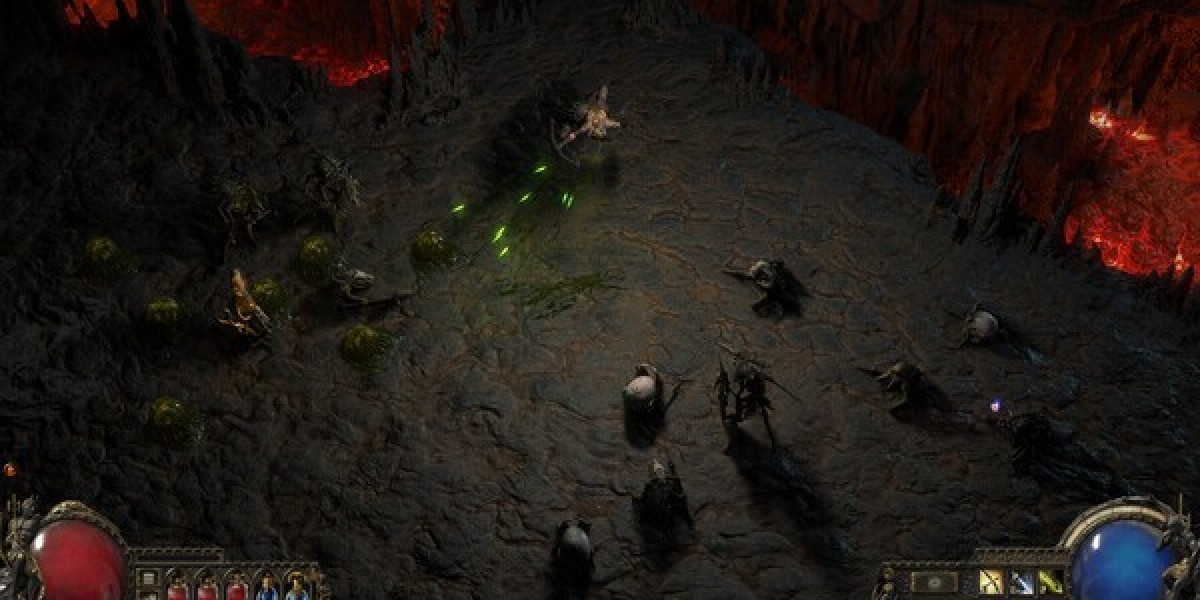We all know the feeling: that surge of motivation that gets you off the couch and into action. Maybe it's a creative spark that ignites your desire to paint, or the thrill of a challenge that compels you to tackle a difficult task. Behind this drive lies a powerful chemical messenger in the brain: dopamine.
Dopamine isn't just about pleasure, though that's certainly part of its charm. It's the neurotransmitter that rewards us for taking action, completing tasks, and achieving goals. This reward system is what keeps us motivated, helping us learn, grow, and survive.
Think about it: why do we crave delicious food? Dopamine makes it pleasurable, encouraging us to seek out the nutrients our bodies need. Why do we find certain activities engaging? Dopamine release fuels our focus and enjoyment, making us want to keep going.
Dopamine even plays a role in love and social connection. The happy feelings we experience when bonding with others trigger dopamine release, strengthening those connections.
But like most things in life, dopamine has a flip side. Our brains crave that feel-good reward, and sometimes we can get hooked on activities that trigger dopamine release, even if they're not ultimately beneficial. Scrolling endlessly through social media, for example, provides a quick dopamine hit, but leaves us feeling drained and unproductive.
So how can we harness the power of dopamine for good? The key is intentionality. When we consciously choose activities that bring us long-term satisfaction and growth, dopamine reinforces those positive behaviors.
A therapist can be a valuable resource in developing healthy habits and managing dopamine-seeking tendencies. They can help you identify your triggers, set realistic goals, and create a reward system that supports your overall well-being.
Remember, dopamine is a powerful tool, and with awareness, you can use it to create a life filled with motivation, achievement, and genuine satisfaction.



